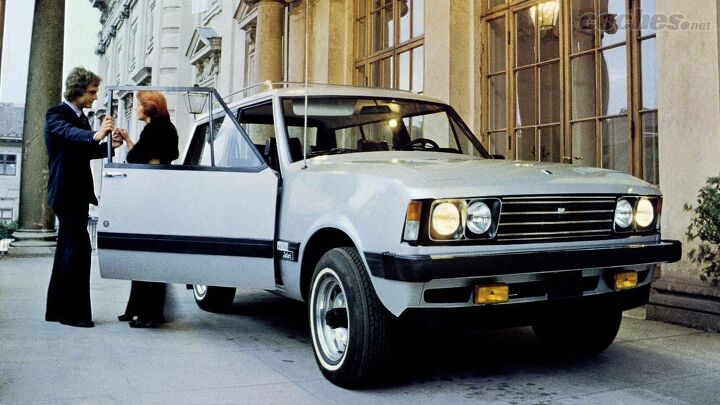Rare Rides: The Incredibly Rare 1981 Monteverdi Safari, an International Delight
We’re back again with more Monteverdi today, and I’m determined the Rare Rides series will cover all of Monteverdi’s vehicular offerings. European design, American power, and Swiss attention to detail combined with very high prices to make all the company’s models Rare Rides.
We’ve covered two earlier Monteverdi offerings previously, in the 1970 High Speed 375/4 sedan, and the 1971 High Speed 375/L grand touring coupe. Today we head into luxury SUV territory with the Safari.
Rare Rides: A 1971 Monteverdi High Speed 375/L, Where L Means Luxurious
Rare Rides featured a Monteverdi once before, the large and luxurious 375/4 sedan. While that limited-run model marked the culmination of the High Speed series of cars from the brand, today’s 2+2 coupe represents the brand’s mainstream product offering.
Rare Rides: The 1970 Monteverdi High Speed 375/4 - Mountains of Swiss Luxury
In the mountainous country of Switzerland, there once existed a company called Monteverdi. And for a few decades, it built luxurious and sporty coupes and sedans for a very wealthy clientele. Today’s Rare Ride is the first sedan offering from that company. It’s a High Speed 375/4, from 1970.


















Recent Comments